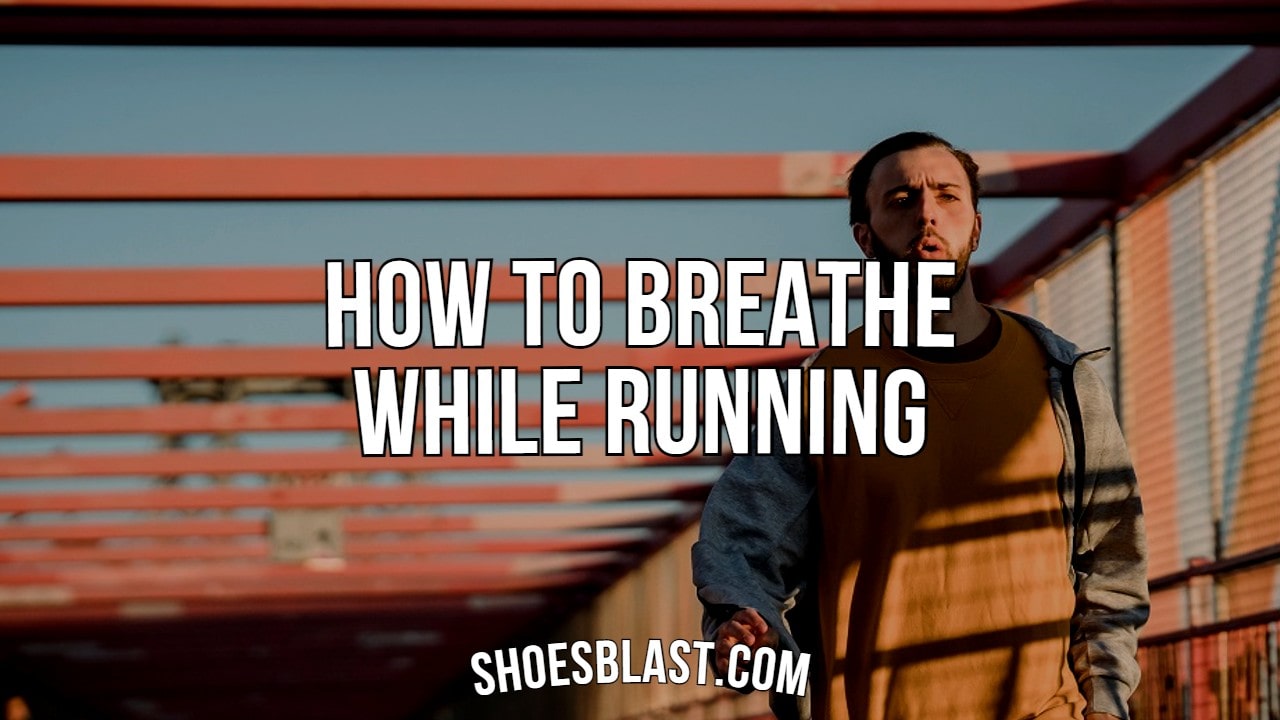[box]
Learn Deep Breathing | Breath in Rhytym | Breath According to temperature
[/box]
You might think that breathing is something we involuntary learn when we are born and that we are doing it right all the time, but the are some exceptions where you could benefit from learning more ways of breathing. One of these exceptions is breathing while running.
It is important to realize how important is breathing properly in our run because it could be the difference-maker between stopping and running a personal best.
Running is a beautiful sport due to its simplicity. Tie your laces and run. But there is so much more to it than just running. While running, you need as much oxygen as possible. The nose cannot inhale as much oxygen as it inhales in the mouth, so it is less preferred. The nose is not as effective as the mouth because it is smaller.

Learn to Take a Deep Breath
[box]
Deep breathing is much more effective when running because it uses the full capacity of the lungs. Our lungs are only slightly smaller than the rib cage, but most people tend to use only a third (upper) of this organ.
When we take a deep breath, our lungs expand, pressing on the diaphragm, forcing our abdomen to expand as our lungs fill with air. Deep breathing while running eliminates dizziness and nausea. With a little training, you can learn to use your lungs to maximum capacity and increase your endurance.
[/box]
Breathe in Rhythm!
[box]
For an easy run, inhale as you take 3-4 steps and exhale as you walk the same number of steps. Count the steps in your mind and it will be easier for you to adjust your breathing to the rhythm of running! If running is more intense, the breathing tempo should be increased to support energy production: inhale for 1-2 steps, exhale for 1-2 steps.
The rules above are general and don’t apply to everyone.
It is best to try more breathing techniques and rhythms and see which one you feel most comfortable with. Some studies completely reject the idea of imposing breathing rhythms. Regardless of your breathing rate and running intensity, the most important thing is to focus on deep breathing and relaxing.
[/box]
Breath According to the Temperature!
[box]
During cold winters it is important to breathe through your nose. The air you breathe through your mouth is colder and drier than the air you breathe through your nostrils, not being beneficial to your lungs.
The nose works as a filter for impurities while heating the inspired air. The outcome? If you choose to breathe through your nose, the shock will be smaller for the lungs. In addition, breathing through the nose is deeper and more efficient than breathing through the mouth, and will help you have better resistance to exertion regardless of air temperature.
Do you remember one of the runs when you were breathing so fast that you couldn’t properly run? If that happens again remember to slow down, take a deep breath, and relax.
Breathe in your nose and out with your mouth, but especially in your mouth. In time, the best breathing technique will develop on its own! Our respiratory system is used to breathing a specific pattern, by voluntarily dictating what technique of breathing we’ll be using will make us more efficient and improve our running performance.
If you have a difficult time finding your rhythm or your calm breathing, start running slower and gradually increase the pace. If your mouth dries out when you breathe during the run, it might be due to dehydration. When running during hot days of summer, remember to start each run well hydrated (make sure your urine is light yellow) and drink plenty of fluids for runs longer than 75-90 minutes.
[/box]
Should I Breath with Nose or Mouth While Running?
[box]
The debate of whether to breath through your nose or mouth while running is one that has been around for years, with no clear consensus. Some people argue that breathing through your nose helps to filter the air and warm it up before it reaches your lungs, while others claim that mouth breathing is more efficient and allows you to take in more oxygen. So, which is the right way to go?
There is no definitive answer, and ultimately, it comes down to personal preference. If you find that you are more comfortable and can breathe more easily through your mouth, then that is probably the best option for you. However, if you prefer to nose breathe, then there is no reason why you shouldn’t continue to do so.
There are some benefits to mouth breathing while running, such as the fact that it allows you to take in more oxygen. However, it can also lead to dehydration and can be difficult to sustain for long periods of time. Nose breathing, on the other hand, is not as efficient in terms of oxygen intake but is generally more comfortable and can help to prevent dehydration.
At the end of the day, the best way to breathe while running is the way that feels most comfortable and natural for you. If you can breathe easily and comfortably through your nose, then stick with that. However, if you find that you need to mouth breathe to get enough oxygen, then go for it. Whichever way you choose, make sure that you are staying hydrated and listen to your body to avoid any potential problems.
[/box]
Here are 10 Reasons Might Struggle while Running
[box]
- You are new to running.
- You are overweight.
- You might not warming up properly
- You might running too fast.
- You might running on a hot day
- You might have asthma
- Some Allergies?
- You might have heart disease.
- Yo might running too much.
- you have a diaphragm injury.
[/box]
